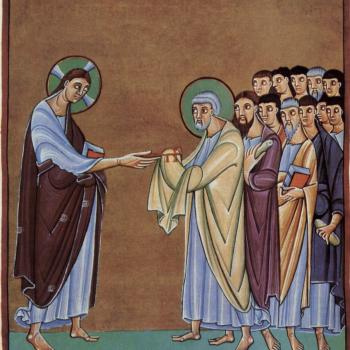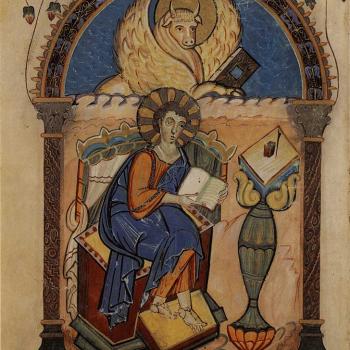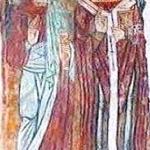
In my very first blog post, “A Primer on the Crusades”, I stated that, “Saladin…seems to have been largely forgotten about in the Muslim sources until more recent times.” While recently reading Paul Cobb’s book on the Crusades from an Islamic perspective, I discovered that this view has been challenged.[1] In a footnote on the topic, Cobb writes:
“The notion that modern Muslims had to be ‘reminded’ of Saladin has deep roots in the modern literature on the Crusades, but it has been effectively demolished recently by Diana Abouali, ‘Saladin’s Legacy in the Middle East before the Nineteenth Century’, Crusades 10 (2011): 175-89.”[2]
Some of these “deep roots” mentioned by Cobb, receive some attention by Abouali herself. She mentions Jonathon Riley-Smith, Carol Hillenbrand, Hannes Möhring, and Helen J. Nichols, as espousing the view that Saladin had faded from the collective Muslim memory.[3] “On the contrary,” argues Abouali, “Saladin remained very much alive in the historical imagination of Arabs and Muslims, and never receded into obscurity.”[4] To demonstrate this, she begins by citing historical chronicles and literary evidence from the Mamluk and Ottoman periods, ranging from the 15th through the 18th centuries.[5] The bulk of her argument, however, is centered on a 17th century poem by Shaykh Muhammad al-Alami, composed in Jerusalem. Thus for Abouali, any influence that 19th century Europeans had upon Muslims in the Middle East only served to supplement a memory that already existed.[6]
More recently, Daniel Beben has explored the Muslim memory of Saladin (and of the Crusades in general) by focusing on the Persian historiography produced in the wake of the Mongol invasions.[7] Based on these untapped Persian sources, he argues that Persian historiographers were more focused on Saladin’s role in toppling the (heretical) Fatimid Caliphate in Egypt, than on his role in capturing Jerusalem from the Latins.[8]
Whatever one’s view on any collective amnesia regarding Saladin on the part of Muslims from the 12th through the 19th centuries, none of these authors seem to deny a growing preoccupation with Saladin on the part of Muslims in the wake of their contact with European colonial powers in the Middle East in the 19th century.[9] Having said all of this, let us examine my words again: “Saladin…seems to have been largely forgotten about in the Muslim sources until more recent times.” Assuming the position taken by Cobb, Abouali, and Beben, can it find a space in my original wording given the vague qualification inherent in the word “largely”? I would hope so since their position is worthy of consideration to say the least.
Let me know what you think, and thanks for reading!
[1] Paul Cobb. The Race for Paradise: An Islamic History of the Crusades. New York. Oxford University Press, 2014. Pgs. 4-5.
[2] Ibid. Pg. 285.
[3] Diana Abouali, “Saladin’s Legacy in the Middle East before the Nineteenth Century”, Crusades 10 (2011): 176-177. Retrieved from: https://www.academia.edu/4186072/_Saladins_Legacy_in_the_Middle_East_before_the_Nineteenth_Century_Crusades_Vol_10_2011_ (3/30/2019.)
[4] Ibid. Pg. 175.
[5] Ibid. Pg. 179-182.
[6] Ibid. Pg. 183.
[7] Daniel Beben, “Remembering Saladin: The Politics of Heresy and the Legacy of the Crusades in Persian Historiography.” Journal of the Royal Asiatic Society series 3, 28 no. 2 (2018): 1-23. Retrieved from: https://www.academia.edu/35144656/_Remembering_Saladin_The_Politics_of_Heresy_and_the_Legacy_of_the_Crusades_in_Persian_Historiography._Journal_of_the_Royal_Asiatic_Society_series_3_28_no._2_2018_ (3/30/2019.)
[8] Ibid. 4-5.
[9] Ibid. pg. 3, Cobb pg. 5, Abouali pg. 185.












